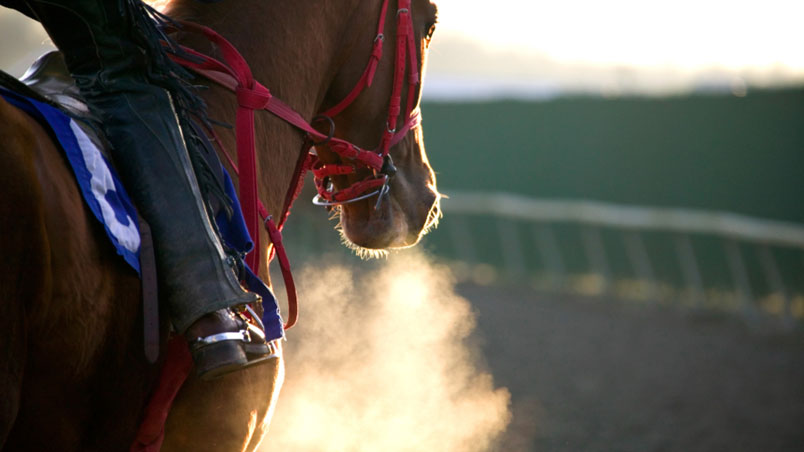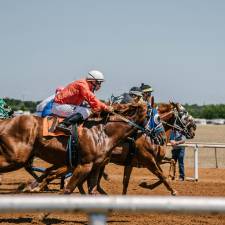
Gambling is widely regarded as a hot pastime at horse races and casinos. It's a game of risk, enjoyment, and perhaps even walking away with an extra prize. However, gambling in a safe and healthy way is a positive way to approach it. On one hand, the responsibility may require being okay with a certain amount of time and money that you are ready to lose beforehand and knowing the games you play.
Understanding Responsible Gambling
Responsible gambling implies that it is kept in the realm of amusement, the environment is secure and that it is within the limits. The whole point of it is to prevent betting from becoming a major issue. Gambling fans will remember the idea that has been here with us for a very very long time, from horse races to card games in casinos.
The bone of contention is seeing to it that the experience is propitious as well as harmless, and harm-free.
Administration and supporters of addictive behaviour prevention roll out regulations and provide help so that indulging in wagering is not synonymous with pain. Understanding the cons is a great help.
Managing Your Gambling Habits
Being active and positive is what is needed concerning the management of your gambling habits. First, you have to establish how much you want to gamble and wind up checking your tickets to ensure that you have covered your bets.
➔ Set a budget
Prior to your favourite pass to the track or number one casino, knowing your borders is vital. In simple terms, by putting up a predetermined amount to gamble with you will not be overpressed if your luck stems out. In case your economic options are well set your finances will be safe even in times when you are not very lucky. The smart handling of gambling with reason and foresight is very important as the wagering industry has been experiencing big changes in the past decade.
➔ Keep track of your betting
Watching the betting session is the same as watching a hard-to-handle horse. A display of good sportsmanship prevails as people keep tabs on all the bets in order to be aware of a situation of winning or losing. The habit gives them a way to discover the patterns they are following, which may lead to a downward spiral, or prove that they are doing the right thing.
This model of problem management equally serves as financial aid and serves as a real-world application for people to recognize compulsive behaviour and emotion regulation issues.
➔ Take breaks
Simple relaxation is a booster in the world of sports betting, especially with the high-speed online day trade. This is not just an older person's story; it is a live truth.
In a research that was conducted with data from Norsk Tipping-Norway's official gambling operator', considered more than 879 million gambling inputs and discovered that these quarter-hour forced breaks were a real thing and helped the players stop their gambling activities for a moment. This form of taking time off not only helps to control one's betting habits but also is a contributive factor to mental stability.
Identifying and Addressing Problem Gambling
➔ Signs of problem gambling
People can cause actual disaster in their lives with gambling. Unmistakable marks contain constantly thinking about betting or even allowing it to interfere with work or family life. If an individual often feels maybe always getting sleepy, having headaches, and needing a solution for stress it could be because of gambling too much.
Recent money wasting with all the betting is the big red flag anyway. Cash disputes can occur more when someone is having difficulties with their gambling. Some individuals struggle so much with their gambling problem that they fall into the abyss of their own betting habits with no possibility of being saved, even if they make extremely hard efforts.
➔ Self-evaluation
Regular reflection on your betting routines is a must. According to research, the mere act of pausing and thinking about one's actions can identify issues immediately. A large number of compactly regulated people convince themselves that their gambling is under control even though the signs that point to the contrary, they come to spend both more time and money than planned, are ignored.
Habitual examination of oneself acts to minimize the risk of the development of excessive gambling patterns. This process is a part of making the gamble, and knowing the way it may affect your life and whether will it go the other way are the primary questions of this stage. Certainly, this is how you make up your mind whether to continue or curtail.
➔ Self-exclusion
Self-ban is an effective way for someone who can just not give up from gambling. People from anywhere in the world can prohibit themselves in both virtual and real-life casinos. With several options to choose from, some people may go through a cooling-off period lasting from a few weeks to forever, a permanent exclusion from the casinos is also a second option of course.
However, statistics argue that despite such initiatives not even 13% of those who have undergone the ban are able to have a clean start. Some people go back to their bad habits and get into trouble just the day after the enforcement of self-exile; it's enough - they are taken away from casino floors, which reminds them of the importance of their limitations.
In conclusion, Impulse control is a vital preventive measure for compulsive gambling. Limiting betting to what one can afford, taking breaks, and being willing to walk away is one piece of advice. This can be a key to bringing your sports betting back to normal.
You can find more interesting stories in our section on Racing & Wagering.













